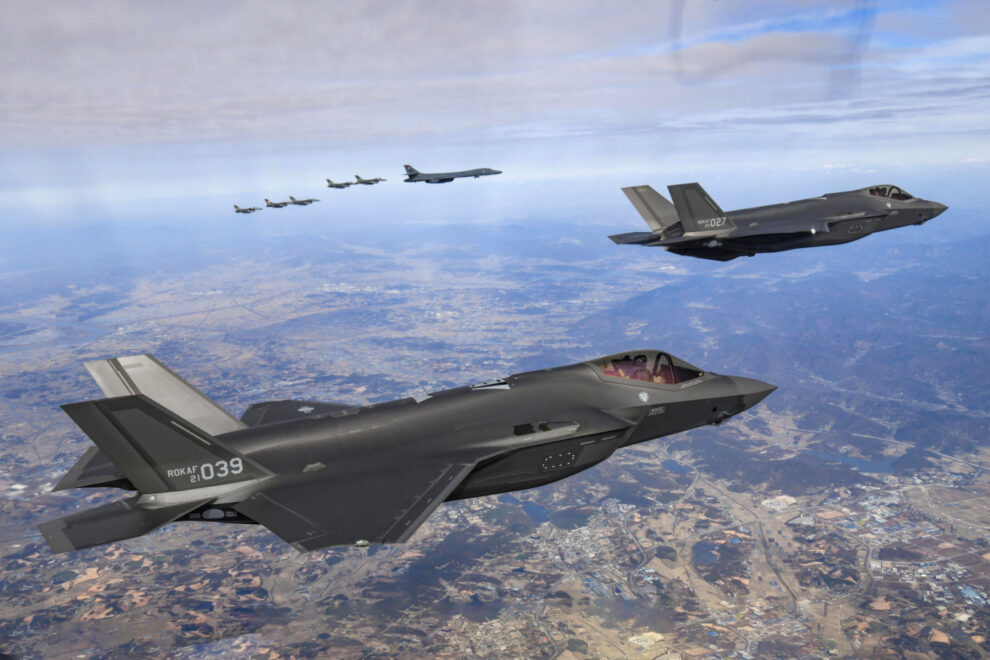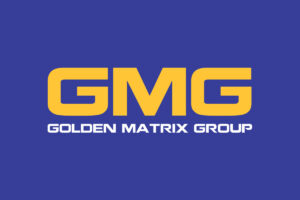South Korea and Saudi Arabia are “in the final stages” for large-scale defense collaboration across various fields, such as air defense, firepower and weapons, the presidential office said Monday.
Following the summit between President Yoon Suk Yeol and Saudi Crown Prince Mohammed bin Salman on Sunday, Kim Tae-hyo, first deputy director of South Korea’s National Security Office, told reporters that the government was discussing “a long-term, systematic defense cooperation program” rather than a one-time cooperation. Yoon’s office, however, declined to comment on the details of the weapon system and the contract amount being discussed, citing the sensitivity of the matter. “All I can say is that it is at the completion stage, and the scale and amount are quite large,” an official said requesting anonymity.
Saudi Arabia, which has faced attacks from Yemen’s Houthi rebels using ballistic missiles and drones, has a significant demand for interceptor missiles. Crown Prince Mohammed bin Salman reportedly expressed interest in the KM-SAM (Cheongung) system during his visit to Korea in November of the previous year.
During the summit, the two leaders exchanged opinions on international politics, economics, and the dynamics surrounding the armed conflict between Israel and Palestine, Kim said.
“They confirmed a consensus that the worsening humanitarian situation must be prevented,” he said. “President Yoon said South Korea would play the necessary role and contribute to restoring stability and peace in the region.”
Another senior official, who attended the summit, said on condition of anonymity that while it is difficult to disclose the leaders’ conversation word for word, he observed that Saudi Arabia does not appear to be unilaterally siding with a particular country in the current conflict.
Nevertheless, in terms of establishing diplomatic relations with Israel — a matter until recently facilitated by the United States — Saudi Arabia appears to be taking a long-term view, he noted.
Regarding the conflict, he reiterated South Korea’s position that this issue must be fully and clearly respected and handled from a humanitarian standpoint in accordance with international laws and regulations.
Taking the opportunity of Yoon’s state visit, Korea and Saudi Arabia decided to announce a joint statement containing the status and direction of cooperation covering economic, political and international issues. It is reported that the joint statement will address security issues on the Israel-Palestine conflict, the Ukraine war, and North Korea’s nuclear and missile threats.
When asked about the possibility of South Korean military involvement in the Israel-Hamas war, the official stated that Seoul is not currently in a phase to directly intervene politically or militarily or to take a specific stance on the conflict.
The South Korean leader, accompanied by first lady Kim Keon Hee, is in a four-day state visit to the Middle Eastern country.
During Yoon’s state visit to the kingdom, an additional $15.6 billion in contracts and memorandums of understanding were signed among Korean and Saudi Arabian companies at the investment forums held on the sidelines of the summit. A total of 51 memorandums and contracts were signed in fields such as energy, infrastructure, advanced manufacturing and new industries.
The fresh batch of Saudi investment plans is a follow-up to the previous promise of injecting around $29 billion into Korean businesses for a wide range of development and industrial projects planned for the Middle Eastern country’s future growth, specifically the “Vision 2030” plan, made during the prince’s visit to Seoul in November.
Yoon’s economic secretary Choi Sang-mok said ahead of the summit on Sunday that more than 60 percent of that figure has now progressed to actual projects.
“Saudi Arabia, aiming to become the world’s largest hydrogen exporter, and South Korea, a leading country in hydrogen-based industries such as hydrogen vehicles and fuel cells, have significant potential for hydrogen cooperation,” he said.
The two countries are discussing ways to operate working groups for various value chains — including clean hydrogen production, distribution and utilization — to systematically support cooperation between businesses in both countries, he said.
Source : TheJakartaPost































